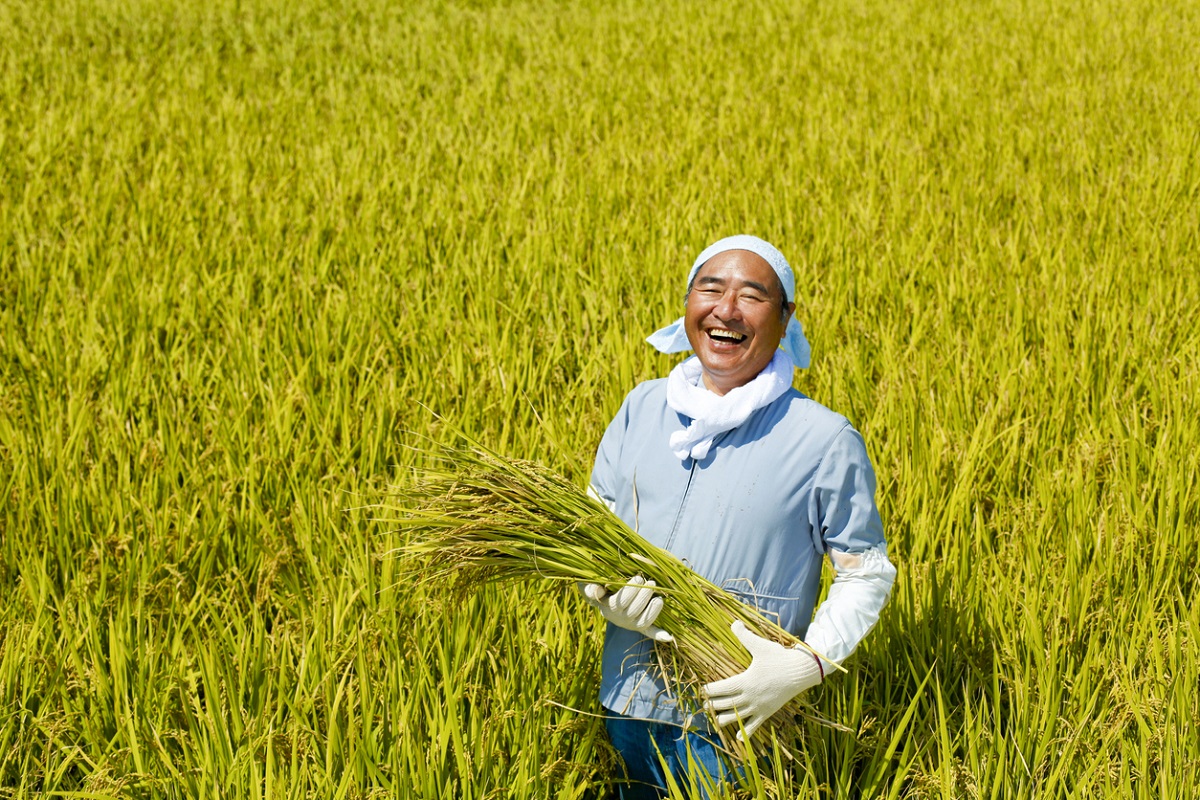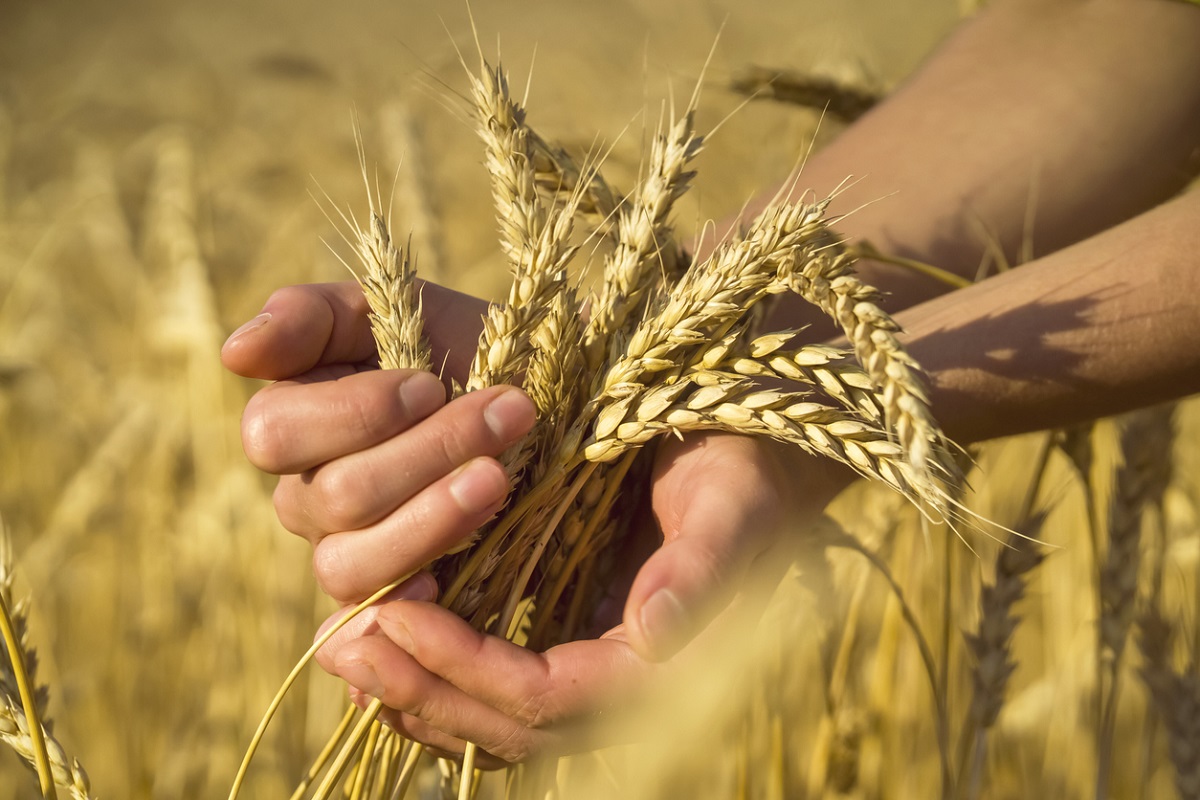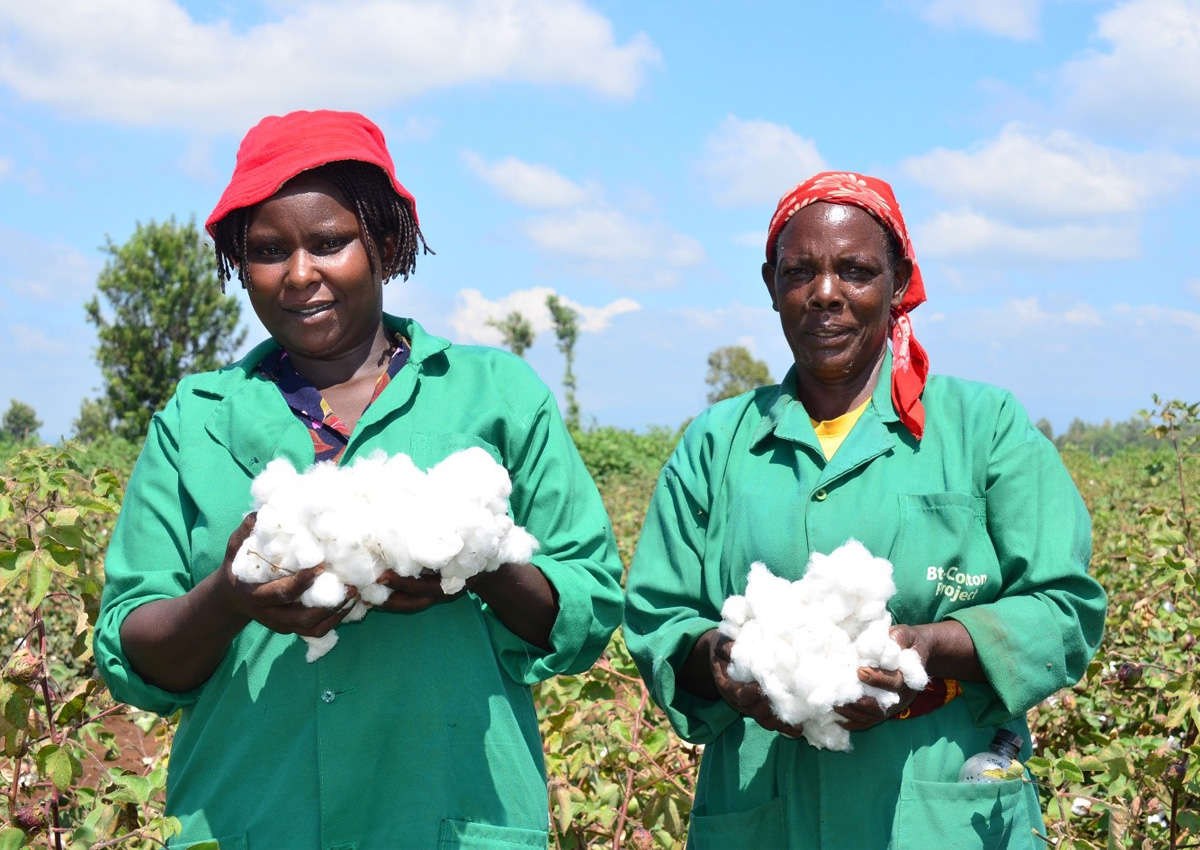2022 Biotech Milestones in Review
| |
The last year captured numerous scientific and regulatory advances in the field of modern agricultural biotechnology. Let’s take a look back at some of 2022’s significant events from around the world.

Countries open up to gene editing technology
United Kingdom. In January, legislation made it easier for scientists in the UK to conduct plant-based research and development using tools such as gene editing. It will also cut the unnecessary red tape for the technology to help farmers gain better access to more resilient, nutritious, and productive crops. The Department of Environment, Food and Rural Affairs expects that the new rules will pave the way for the UK’s target to be a global science superpower by 2030 and position itself as a global leader in sustainable climate-friendly farming.
China. The country’s Ministry of Agriculture and Rural Affairs published the new guidelines on field trials of gene-edited plants in January. These guidelines state that a production certificate can be applied for after the pilot trials for gene-edited plants have been completed. This removes the need for lengthy field trials required of genetically modified (GM) plants. China also published another set of guidelines to clear the path for GM crop approvals, which are expected to significantly improve the country’s seed industry.
Nigeria. In February, the National Biosafety Management Agency announced the release of the guidelines and expressed its dedication in ensuring that all gene-edited products in Nigeria will be properly regulated following its commitment to having an organized research society that will ensure the safety of gene-edited crops to the environment and human health.
Kenya. In March, Kenya became the second African country to publish their gene editing national guidelines. Their guidelines provide clarity on which genome-edited organisms and/or derived products will be regulated under Kenya's Biosafety Act, and which products are regulated as conventional varieties or breeds. Early in the process, developers will be able to consult regulators to determine the regulatory pathway that will be adopted in view of potential outcomes of genome editing procedures.
India. The Ministry of Environment, Forest and Climate Change announced in March the exemption of gene-edited plants without foreign genes from being treated as transgenic products, which means that gene-edited SDN1 and SDN2 plants without introduced DNA are exempted from biosafety assessment. The Indian government released the final set of guidelines for the safety assessment of gene-edited plants on May 17, 2022, rendering it a road map for the development and sustainable application of gene editing.
Philippines. In May, the Department of Agriculture released the rules and procedures for the evaluation of products of plant breeding innovations. The regulations provide a science-based and efficient process for assessment and determination of whether gene-edited plants will be classified as genetically engineered (GE) or not. Under these regulations, a product will be considered conventional if there is no novel genetic material combination detected.

Biotech crop and plant-based product approvals
HB4® Technology. Bioceres Crop Solutions Corp. made significant contributions last year following the approvals of the HB4® Soybeans’ import and use for raw materials in China, and foods derived from HB4® Wheat in Australia and New Zealand in May. Nigeria also approved the HB4® Wheat for food and feed use in July. HB4® technology improves a crop’s tolerance against abiotic stress, particularly drought.
COVIFENZ® COVID-19 vaccine. Medicago and GlaxoSmithKline announced in March that Health Canada granted approval for the plant-based virus-like particles, recombinant, adjuvanted COVIFENZ® COVID-19 vaccine as part of the efforts to curb the global effects of the COVID-19 pandemic. The decision was based on scientific data shared by Medicago. The Canadian government considered this a great milestone for Canada's biotechnology sector and for homegrown innovation. They vowed to continuously support companies that want to produce vaccines in Canada and join the growing national biomanufacturing sector.
GM maize event 913. June marked another milestone when Brazil approved the GM maize event 913. The crop is the result of a 100% national public-private partnership between the companies Brazilian Agricultural Research Corporation and Helix. The maize event is effective against cartridge caterpillar and fall army worm.
Bt cotton. The Bangladesh National Technical Committee on Crop Biotechnology approved two Bt cotton varieties from Hyderabad-based company JK Agri Genetics also in June. Both cotton varieties will help farmers yield an additional ton per hectare while cutting bollworm pesticide costs.
Bt cowpea. In August, the National Biosafety Authority in Ghana approved the Bt cowpea event 709A for import and/or use without conditions with a validity of 10 years. This is the first GE crop to be approved for use in the country. The crop, a known staple in Sub-Saharan Africa, targets the Maruca pod borer which reduces cowpea yields by 20-80 percent.
GM purple tomato. September saw the approval of the GM purple tomato in the United States for growing and breeding. The GM tomato was modified by Norfolk Plant Sciences to alter its color and enhance its nutritional quality. The purple color of the skin and flesh exhibits the significant amount of antioxidants that the tomato contains.
Herbicide-tolerant mustard. The Office of the Gene Technology Regulator in Australia authorized the commercial release of GM Indian mustard for herbicide tolerance in October. The release is valid throughout the country and allows the GM Indian mustard and products derived from it to be used in general commerce including for human food and animal feed.
GM mustard. India’s Genetic Engineering Appraisal Committee under the Ministry of Environment, Forest and Climate Change recommended the environmental release of GM mustard in October. Its development involved almost three decades of research by collaborative public institutions in India. The approval is valid for four years and may be renewed for another two years.
Bt eggplant. The Philippines became the second country in the world to allow the commercial propagation of the Bt Eggplant. The Department of Agriculture’s Bureau of Plant Industry granted its approval to the University of the Philippines Los Baños in October, allowing the developer to proceed with seed production, varietal registration and farm demonstrations. The eggplant is resistant against the eggplant fruit and shoot borer, a pest that causes massive losses for eggplant farmers in the Philippines.

GMO ban lifted in Kenya
The long-standing ban on GMOs in Kenya was finally lifted in October. The Kenyan Government allowed the efficient adoption of approved biotech crops and the importation of GM foods, as well as the open cultivation and importation of white GMO maize. The Government is banking on GM crops as part of its broader plans to revamp agriculture and improve food security in the face of drought and other effects of climate change.
Planting of Golden Rice across the Philippines
In June, the Philippine Rice Research Institute announced that it selected seven provinces in the Philippines for the pilot testing of the biofortified rice. The initial planting of the Golden Rice will ensure the supply of grains needed for seed certification and seed distribution. The first harvest was completed in the province of Antique in October.
The year 2023
While most of us consider the ushering of a new year as a new beginning, we hope that 2023 will instead continue last year’s momentum of biotech milestones and bring in new techniques, products, and policies for the benefit of our farmers.
A prosperous new year to all from everyone at ISAAA Inc.
| Newer Post | Archive | Older Post |
Science Speaks is ISAAA Inc.'s official blog. Weekly blog articles, authored by ISAAA writers, partners, and invited contributors, aim to help share, disseminate, and promote scientific knowledge and its vital role in achieving global agricultural sustainability and development. Your support to Science Speaks will help us achieve this goal. You can help us by donating as little as $10.

